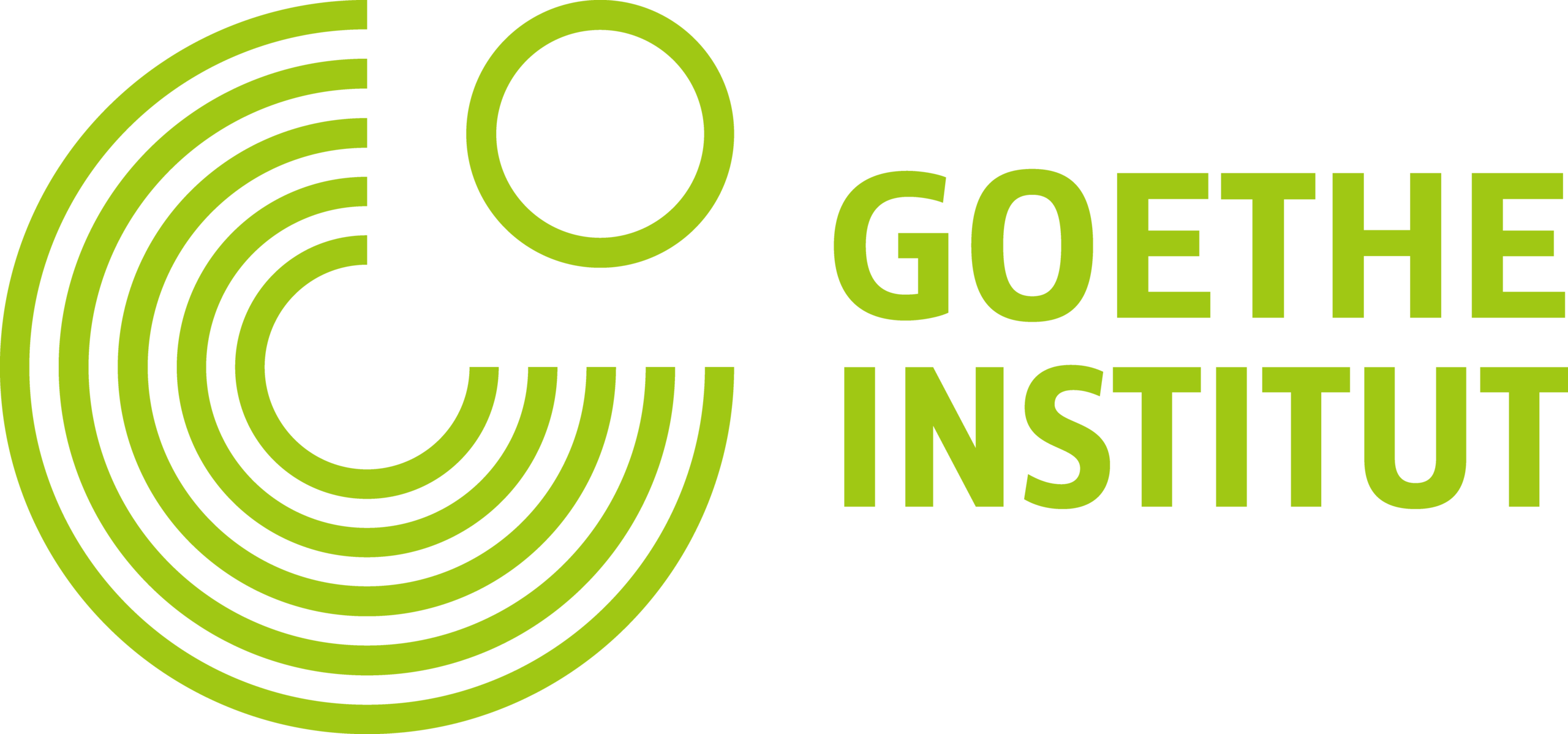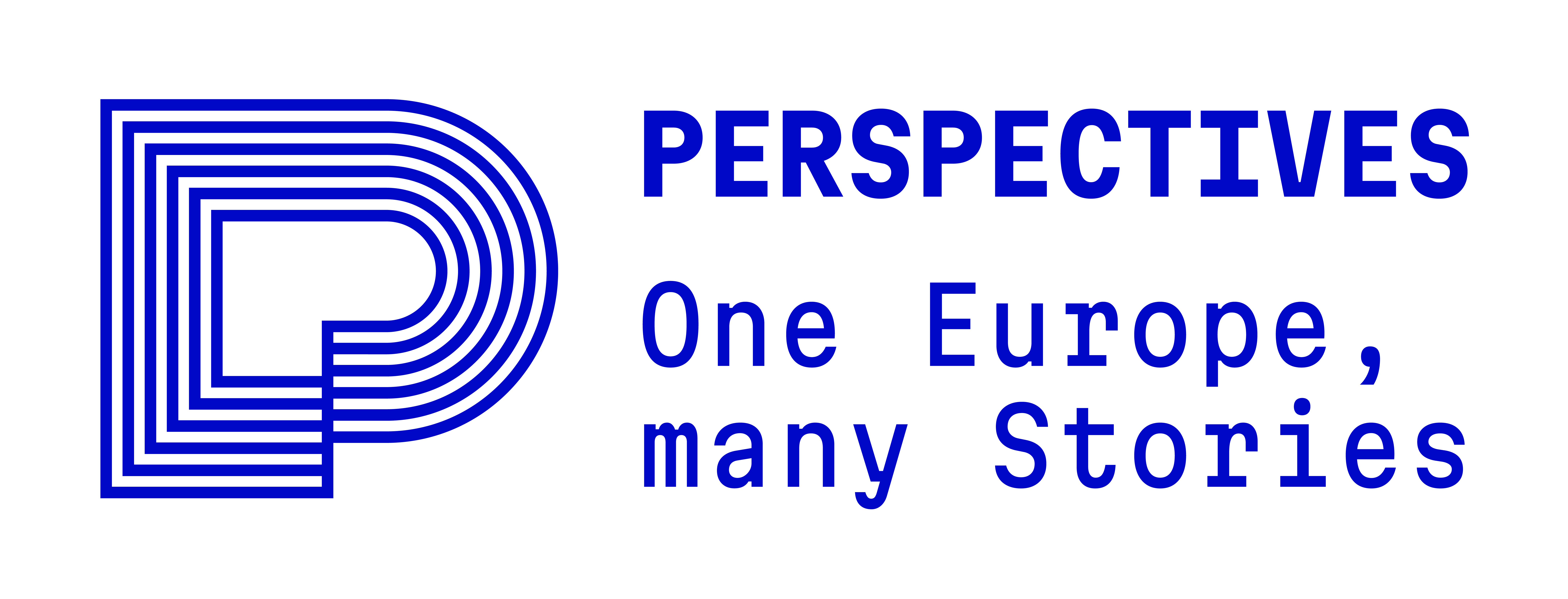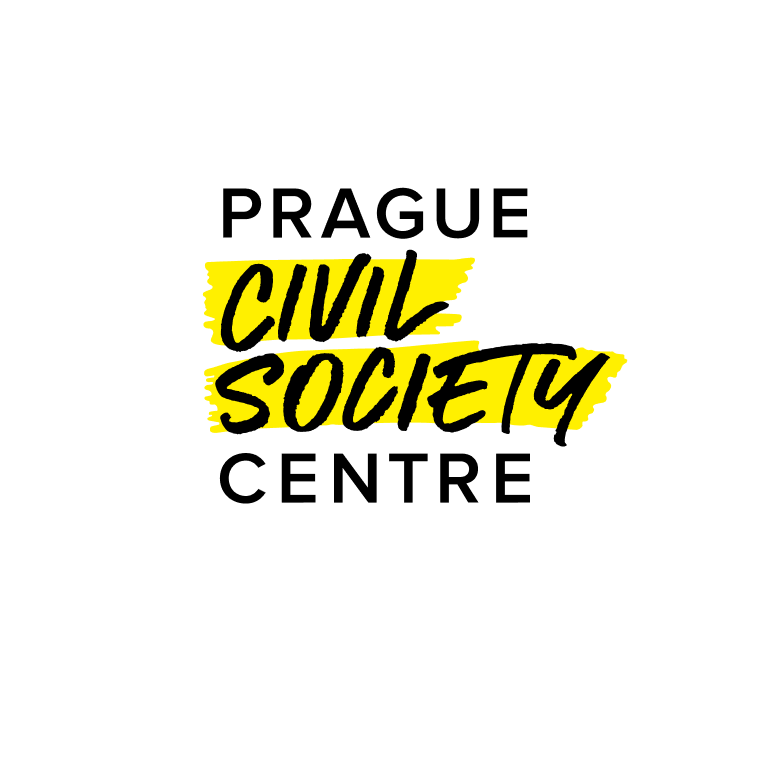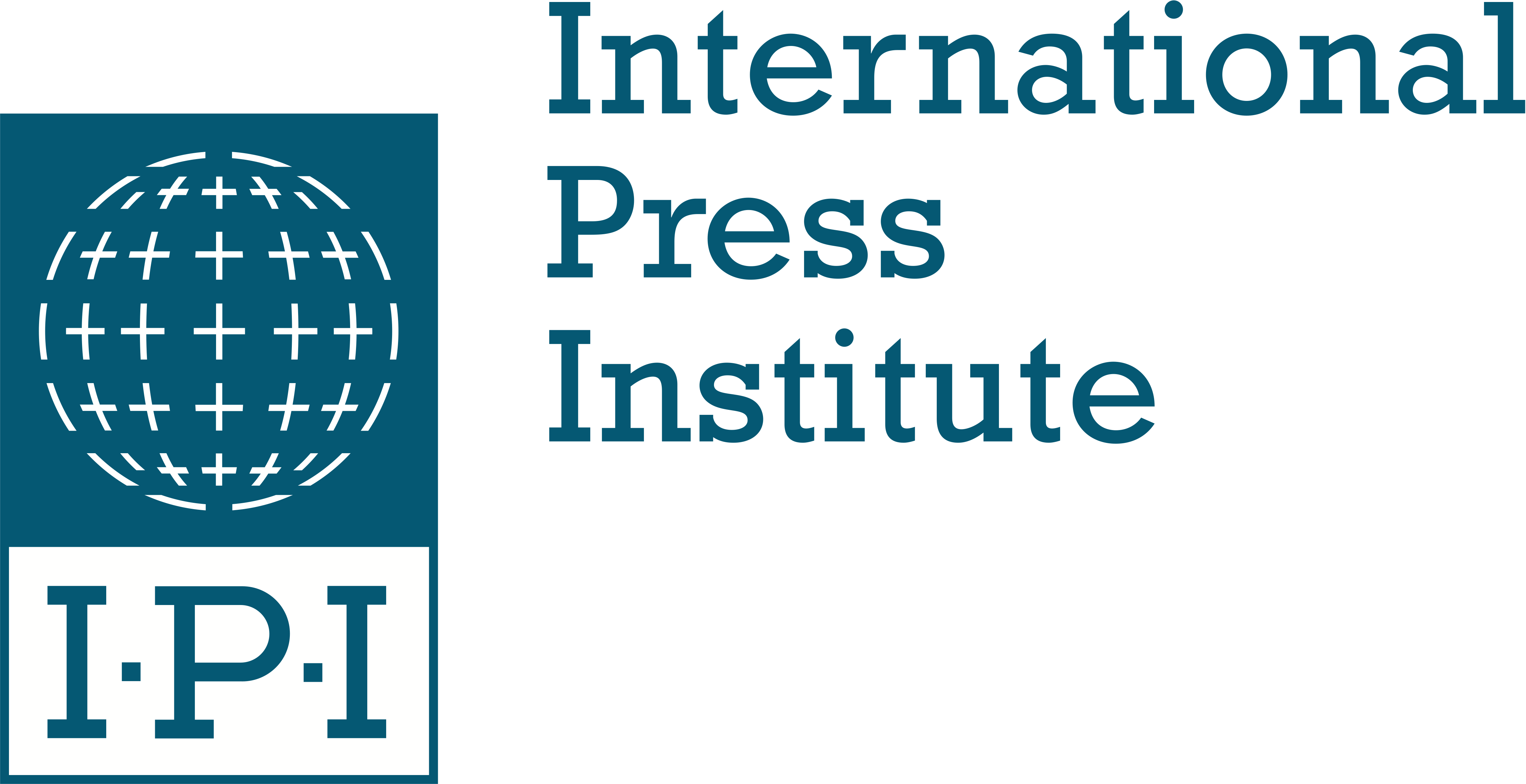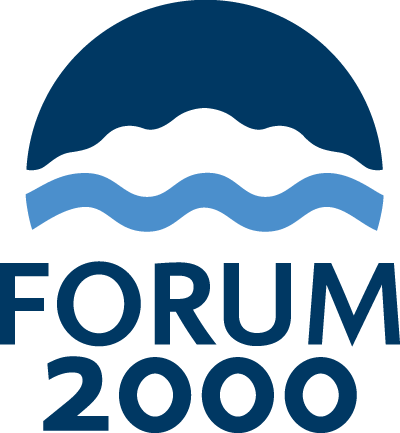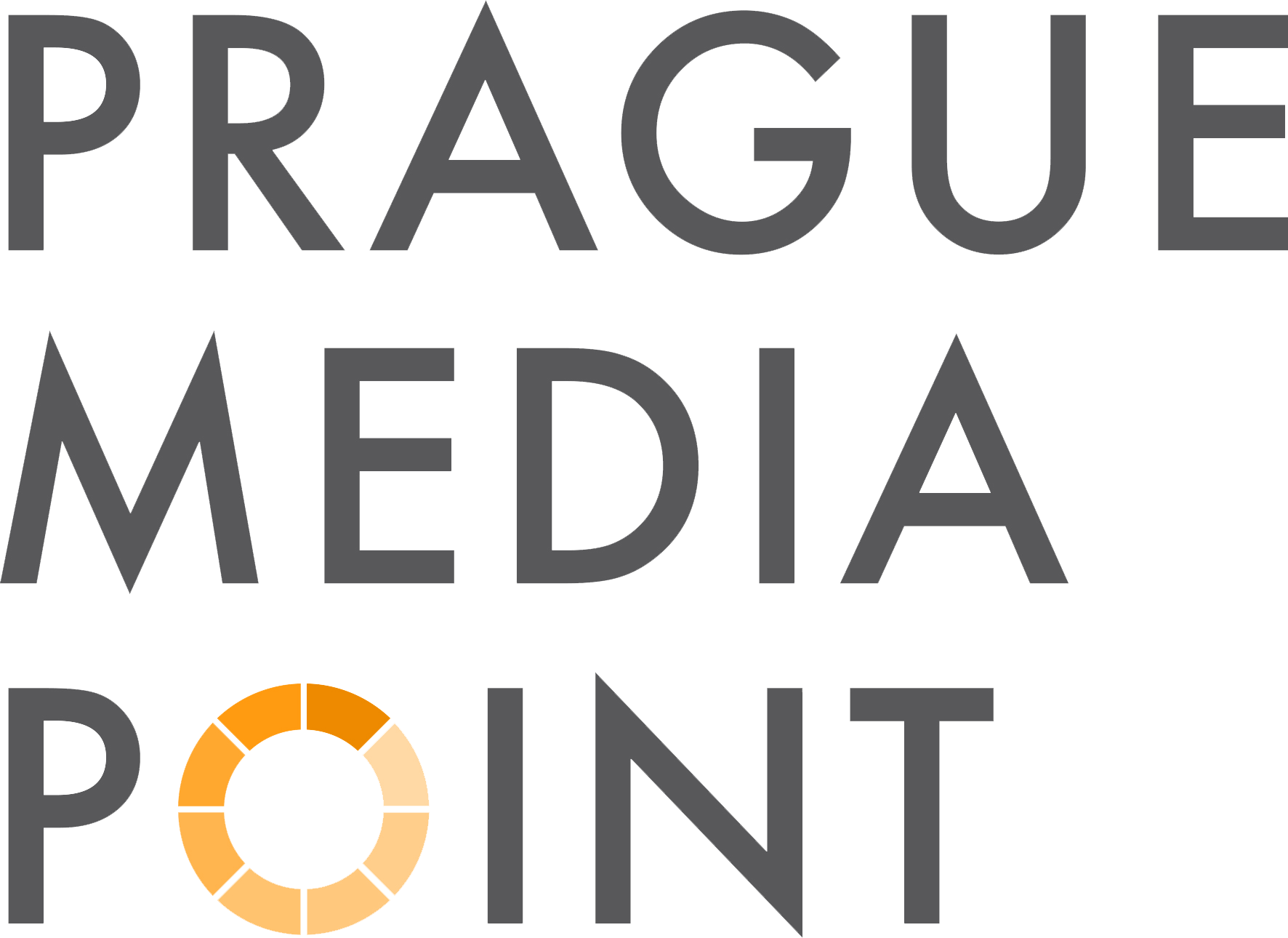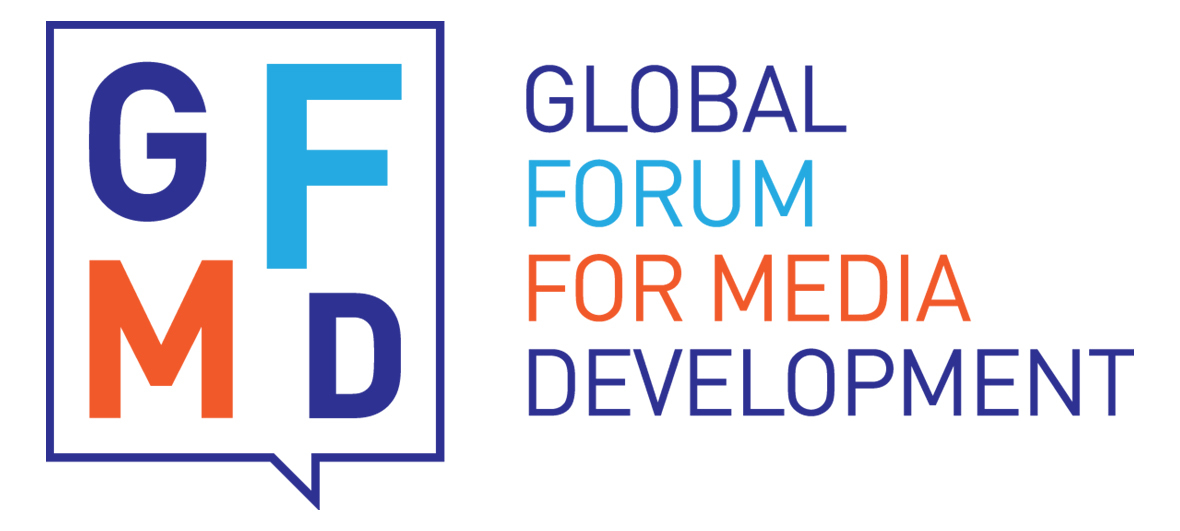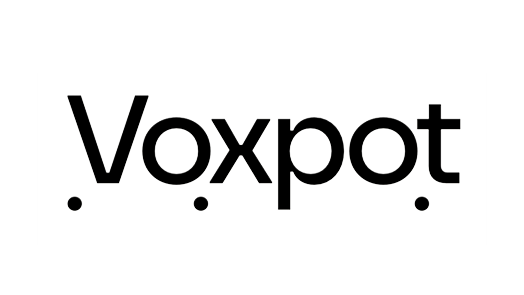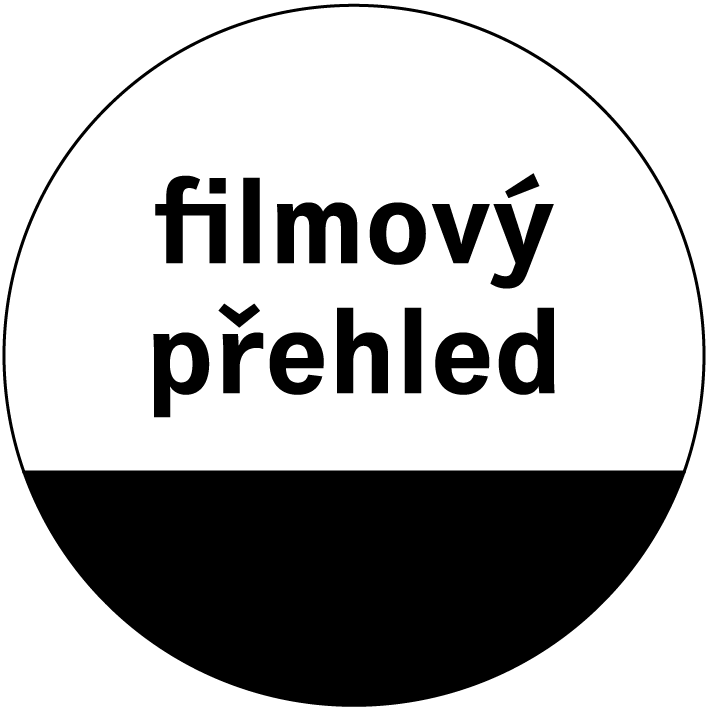
Press Play Prague:
An International Film Festival
About Journalism
October 7-11, 2025
Press Play PraguE
AWARDS 2025

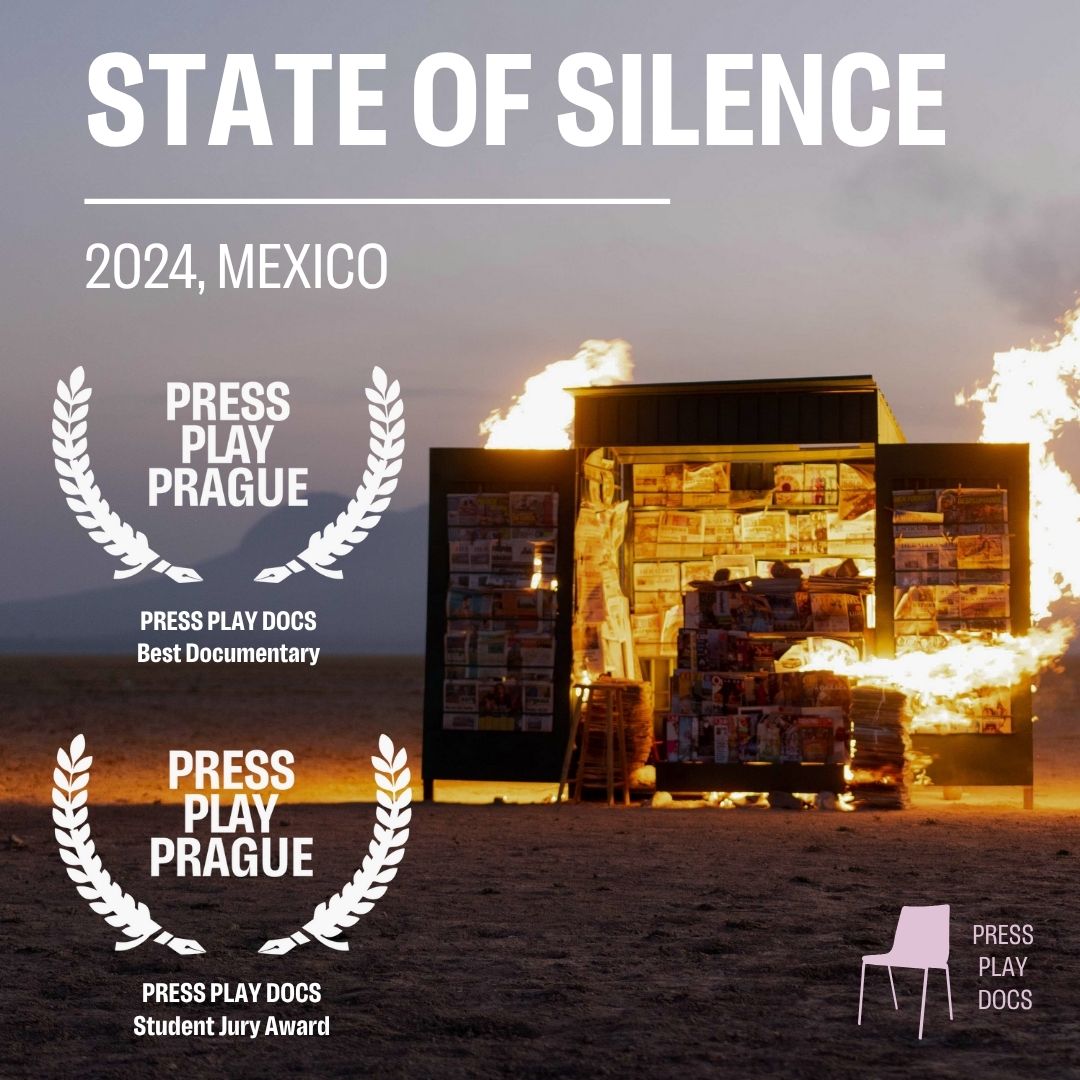




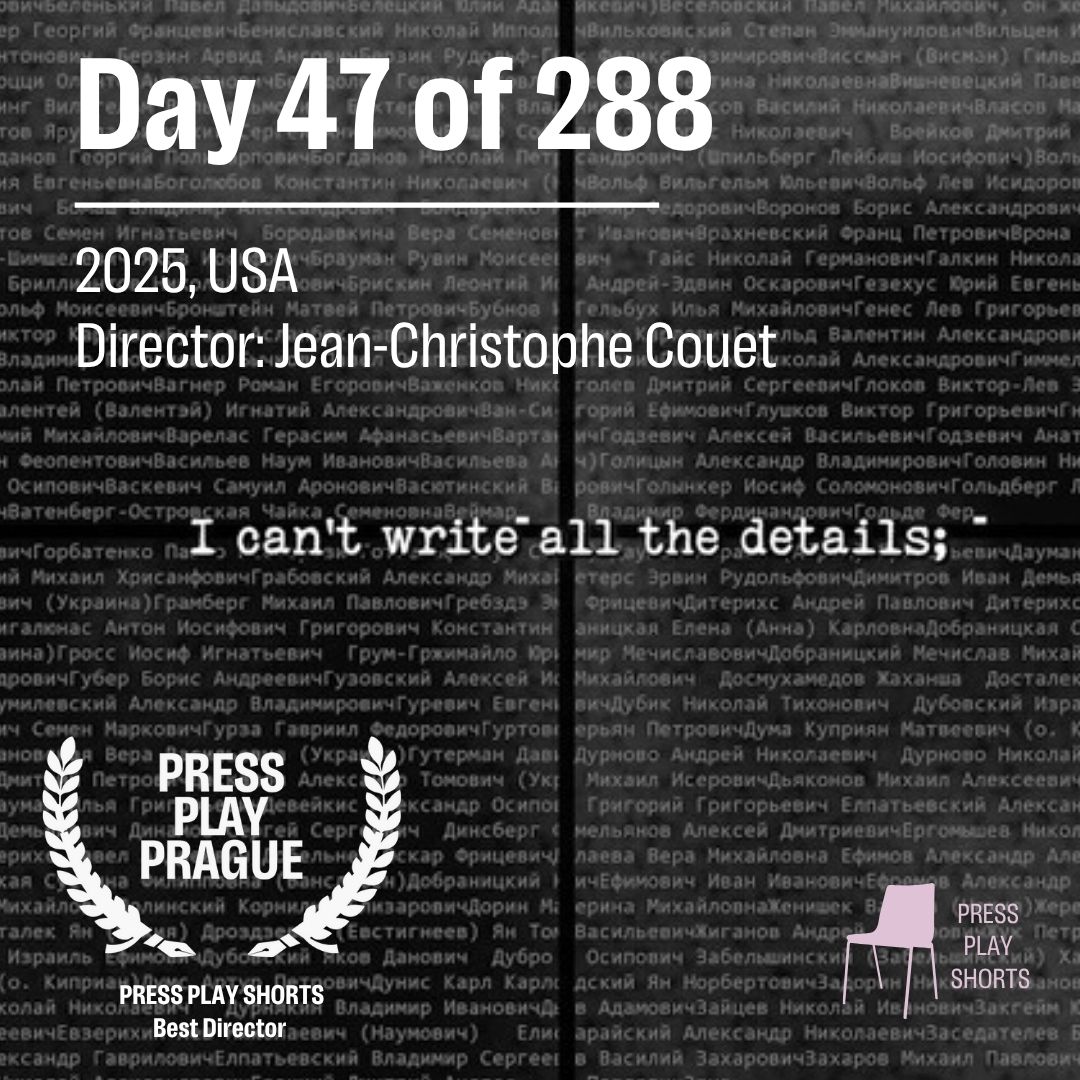



theme and programming
Journalism Under Pressure
Non-Competitive Program
Press Play Prague will select a range of fictional marquee films that shed light on the challenges, triumphs, and ethical dilemmas that shape the journalism profession. Films will be chosen based on thematic relevance and artistic merit, and showcase the power of storytelling to deepen our awareness and understanding of vital societal issues, including journalism’s role in the world.

Curated Narratives
The Curated Narratives lineup is meticulously designed by festival organizers, so there is no call for submissions. We endeavor to ensure that filmmakers, actors, and/or journalists with a direct connection to the theme or story in at least one film in the Curated Narratives section participate in the festival.

Uncharted Frames
Press Play Prague will present a diverse collection of visual works – from captivating documentaries that would not qualify for the competitive sections to innovative online video projects – related to journalism.
Competitive Program
There are two competition categories: feature-length films and shorts.
The competitive section of the festival will focus on compelling non-fiction films – both feature-length films and shorts – aligned with the festival’s theme.
*Submissions for 2025 are now closed*

Press Play DOCS Competition
We seek full-length non-fiction films (documentaries) that fit the festival’s theme.
Eligibility: The competition is open to films that were produced after January 1, 2022.
Theme: The film must focus significantly on a journalist, or it must explore or expose an important issue or challenge affecting the news profession.
Length : Films must have a runtime of 60 minutes or more.

Press Play SHORTS Competition
We seek short non-fiction films (documentaries) that fit the festival’s theme.
Eligibility: The film competition is open to films that were produced after January 1, 2022.
Theme: The film must focus significantly on a journalist, or it must explore or expose an important issue or challenge affecting the news profession.
Length: Films must have a runtime of 27 minutes or less.
Press Play Prague
Rules and Selection
Submissions
Language
All submissions must include closed captions, plus a captions list. Foreign-language films must also include English-language subtitles.
Rights and Permissions
By submitting their film to the competition, filmmakers grant the organizers the right to screen their film up to four times during the event and to use excerpts or promotional materials for marketing purposes. Submission of a film constitutes agreement by filmmakers to abide by all the rules and regulations set forth by the competition’s organizers.
Selection
A panel of program advisers will evaluate the submissions based on criteria such as thematic relevance, originality and overall artistic merit.
Awards and Prizes
Winners will be selected by the festival jury, and announced at the conclusion of the event.

